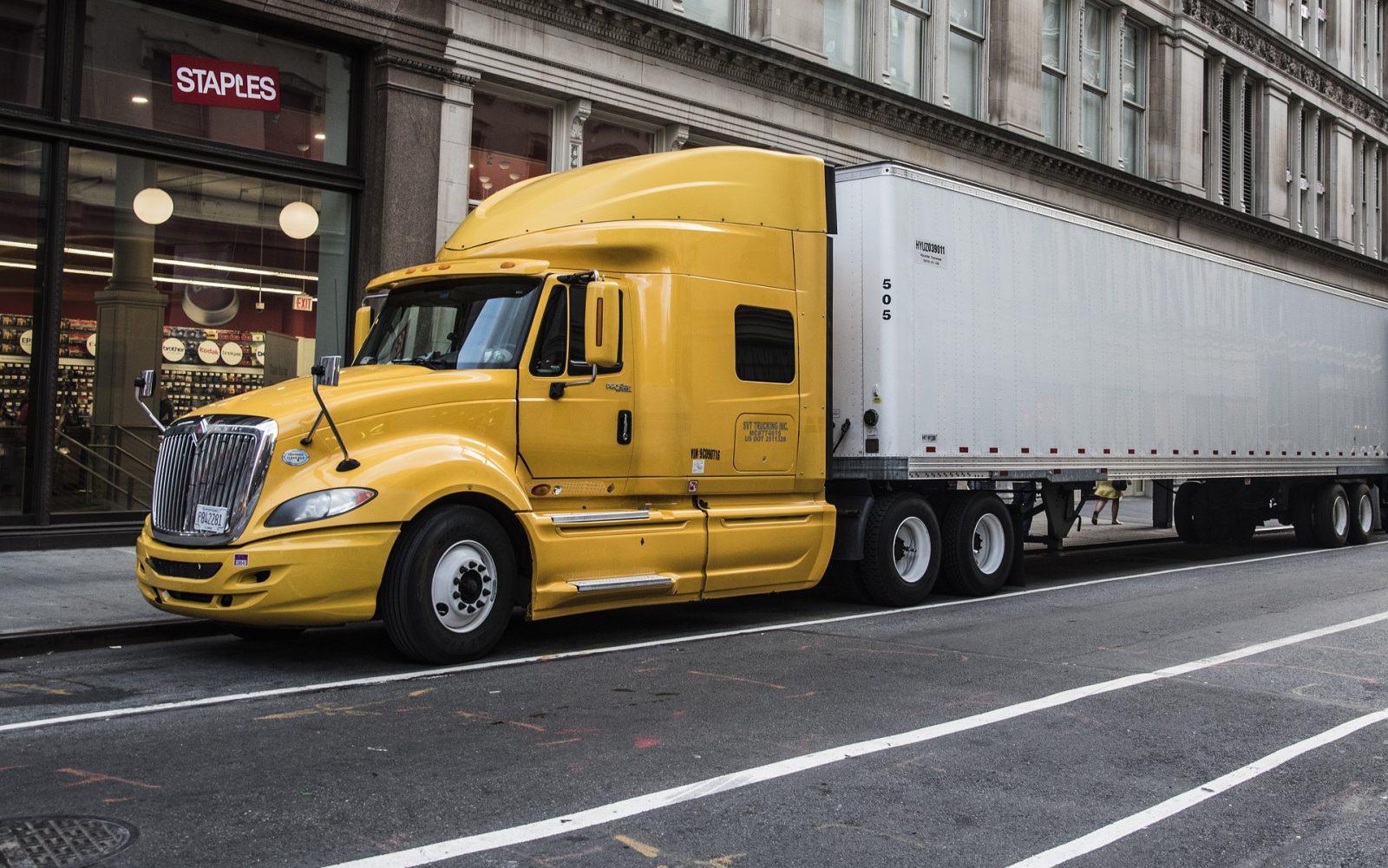For truck drivers, expenses on the road, such as meals and fuel, are inevitable and can be taxed. Taxes can get daunting at times, and you may overlook essential details that might save you money, which is why so many organizations provide services for tax preparation for truck drivers.
We have compiled a few facts about tax deductions to help you manage your money better throughout tax season.
Claiming Truck Driver Tax Deductions
Everything related to the job isn’t deductible or a trucking company even if you get a W-2. However, if you are a self-employed truck driver, you can deduct any expenses related to your employment.
You should get a 1099-NEC from each client who paid you more than $600 throughout the year. On Schedule C, you’ll utilize those 1099s and your records of revenue and spending to report your trucking earnings and costs. To submit self-employment taxes, you may also need to fill out Schedule SE. Both of these documents will be included with your Form 1040 tax return.
Standard Truck Driver Tax Deductions
Insurance benefits
The cost of company-related insurance is deductible as a business expense. This includes insurance for commercial motor liability, property damage, and cargo loss. You can deduct your health insurance as a personal cost but not as a company expense. Your tax return has a section for health insurance.
Meal expenses
The most complicated issue here is to establish your “tax home.” This can be your actual home location or your company’s headquarters. One thing to consider is that meals are only deductible if you are away from the established “tax home” for more than one night. They are also deductible if you are away from home long enough to require rest or sleep. Long-distance truck drivers can deduct their meal and beverage expenses; however, local drivers can’t.
Meals can be deducted using either the actual expenditure method or the per diem allowance. When using the real expenditure method, you must keep account of all of your dining expenses, including tips and taxes.
Medical expenses
You can deduct the cost of regular medical fitness assessments as business expenditure if they are necessary as part of your job. Medical examinations and treatments that are not directly related to employment are only deductible as personal costs, not company expenses. You can claim them if you itemize your deductions rather than taking the standard deduction.
Travel costs
You must file quarterly International Fuel Tax Agreement (IFTA) reports in addition to your annual taxes. Additionally, the gasoline taxes you pay and the remainder of your on-the-road fuel expenditures are tax-deductible. When it comes time to submit your income taxes, if you employ a TMS to assist with your IFTA reporting, you’ll already have all of your fuel tax information at your fingertips.
Anything relevant to your profession can help you claim associated travel expenditures like tolls and parking fees. You can even claim hotel expenditures if you work overnight. Remember that you’ll need to keep receipts and submit claims for your spending.







